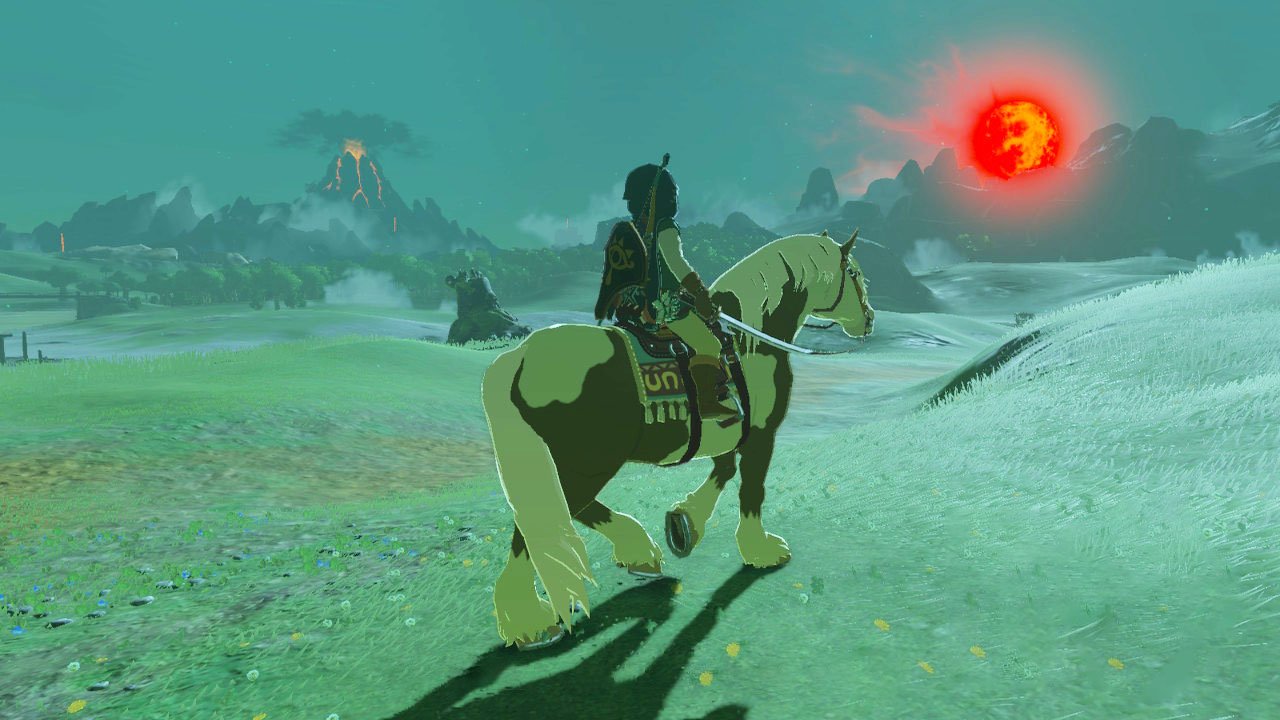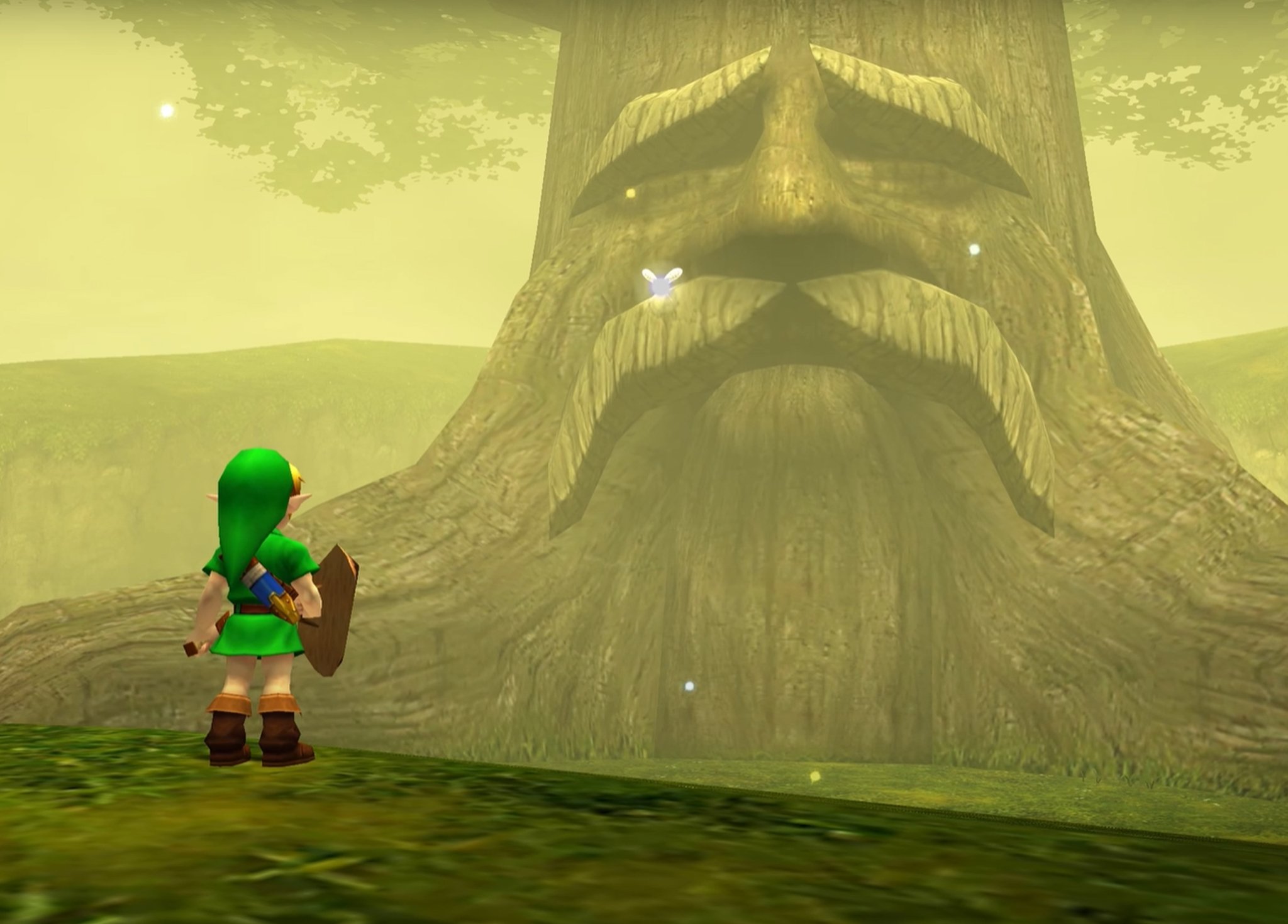You don't know what a Zelda game is
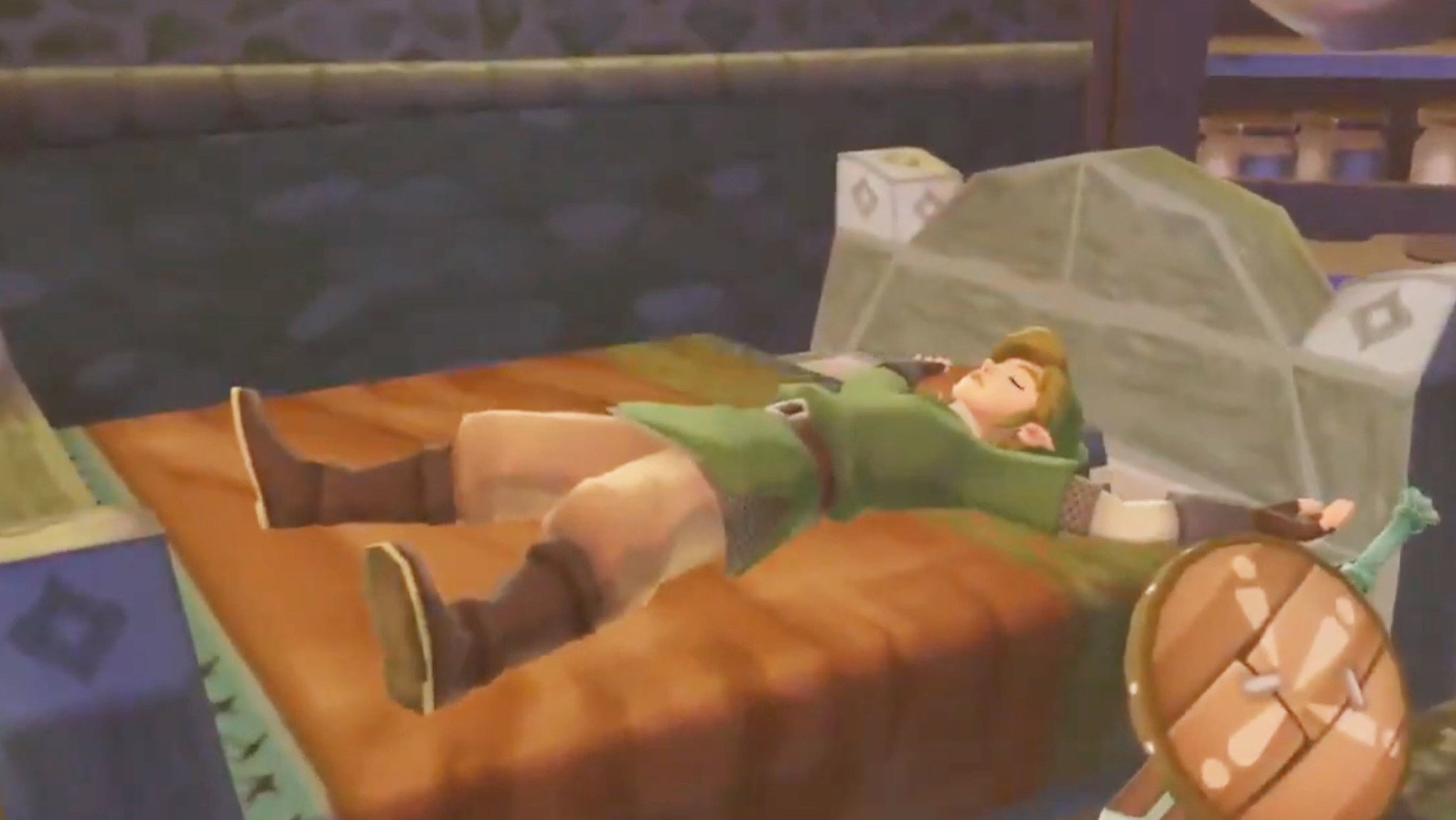
iMore offers spot-on advice and guidance from our team of experts, with decades of Apple device experience to lean on. Learn more with iMore!
You are now subscribed
Your newsletter sign-up was successful
The Legend of Zelda series has been around for quite some time. Saying that it's one of the most influential franchises in video games is not really a stretch, and plenty of players love to argue that fact.
As new games release, I can't help but notice that reviewers constantly reference this long-standing series, saying that certain games are "Zelda-like" or, more-so lately, have that "Breath of the Wild" feel. It's a popular series to reference, and since Zelda is pretty well-known, it's an easy franchise to reference as a comparison. But are reviewers or developers mentioning Zelda to push games off the shelves? Surely, if The Legend of Zelda is name-dropped, the new game should have the look and feel of the series, right?
But do they, though?
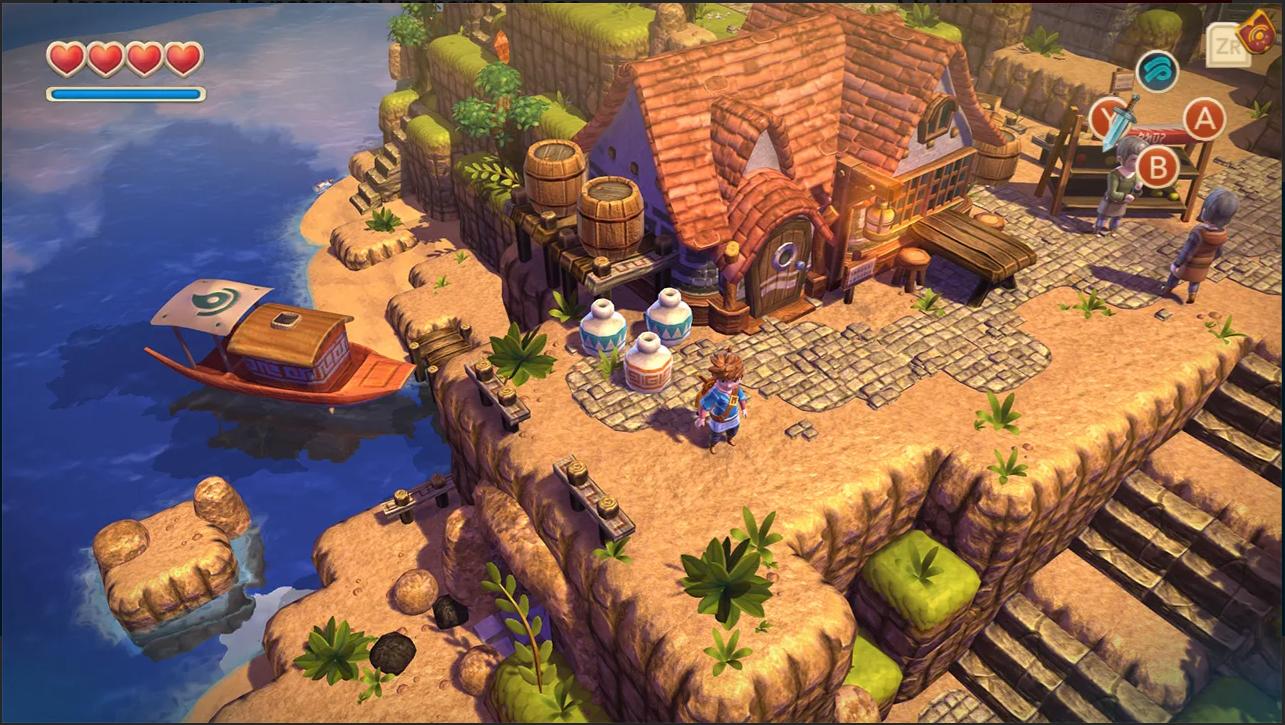
A ridiculous amount of games claim to be inspired by the legendary Nintendo series, and that's not always the case. That's not to say there aren't some influences here and there, and sometimes there are games, like Baldo The Guardian Owls that hit the mark a little too hard. There are a ton of Legend of Zelda clones to go around, but it's not as easy as slapping on a different skin on the main character and calling it a day.
For instance, games like Ocean Horn and Genshin Impact are almost exact replicas of Breath of the Wild, the latter of which caused a bit of backlash from fans when it came out. Immortals Fenyx Rising didn't even hide the fact, showcasing in a trailer that the game was "like Assassin's Creed and Breath of the Wild had a baby." The latest game to give a nod to the Zelda franchise is Death's Door, which actually does check the box if you're looking for a Zelda-like game. But just because it carries elements or artistic nods to the most recent franchise entry doesn't necessarily mean it's like a Zelda game.
On the other end of the spectrum, where references are grasping at straws, comparisons are based on a game mechanic or graphic style. Enter the Gungeon, Undertale, and even Dark Souls fall into this category. One of these is a rogue-lite, one is a pixel RPG, and the other is game that will crush your soul, respectively. While you can argue that these games contain elements from Zelda games, we come to the crux of the issue: what game doesn't take inspiration from Zelda? You can literally grab any Zelda game off the shelf, and it will have some elements that have inspired other game developers.
What is a Zelda game, and why it's so hard to pin down?
Source: iMore and @ZorZelda on YouTube
Zelda has been many things over its long life — a side-scroller, a top-down adventure game, an RPG, and now, an open-world game. It's so varied that fans of the series debate whether certain entries are considered "true Zelda games." You can't even say that one needs to have the title characters since some don't even have Zelda or Gannondorf. Each entry is a little different, and the likes of Ocarina of Time and Breath of the Wild have even inspired huge change throughout the industry. It's not really surprising that it's hard to pin it down; it's spanned a ton of genres, and since it's been around forever, it has influenced a ton of games, like Okami and Assassin's Creed.
iMore offers spot-on advice and guidance from our team of experts, with decades of Apple device experience to lean on. Learn more with iMore!
What also makes pinning the series down even more difficult is the rift between long-standing Zelda fans and those new to the series. There are those who experienced the original Zelda, those who were introduced through Ocarina of Time, and finally, those whose first Zelda was Breath of the Wild.
Breath of the Wild took the series to new heights with an open-world, almost sandbox style. In fact, one of the biggest arguments against Breath of the Wild, and to some extent, Zelda II: The Adventure of Link, is that neither is true Zelda. So, why can a game that doesn't even feature the title character, i.e., Link's Awakening, feel more like a Zelda game than others in the series? Let's face it — there doesn't need to be a Triforce or certain story beats to hit that Zelda sweet spot. It's tough to nail down why certain games manage to do it, and others don't. As a life-long Zelda fan, I figured I'd give it a shot.
Hallmarks of a Legend of Zelda game
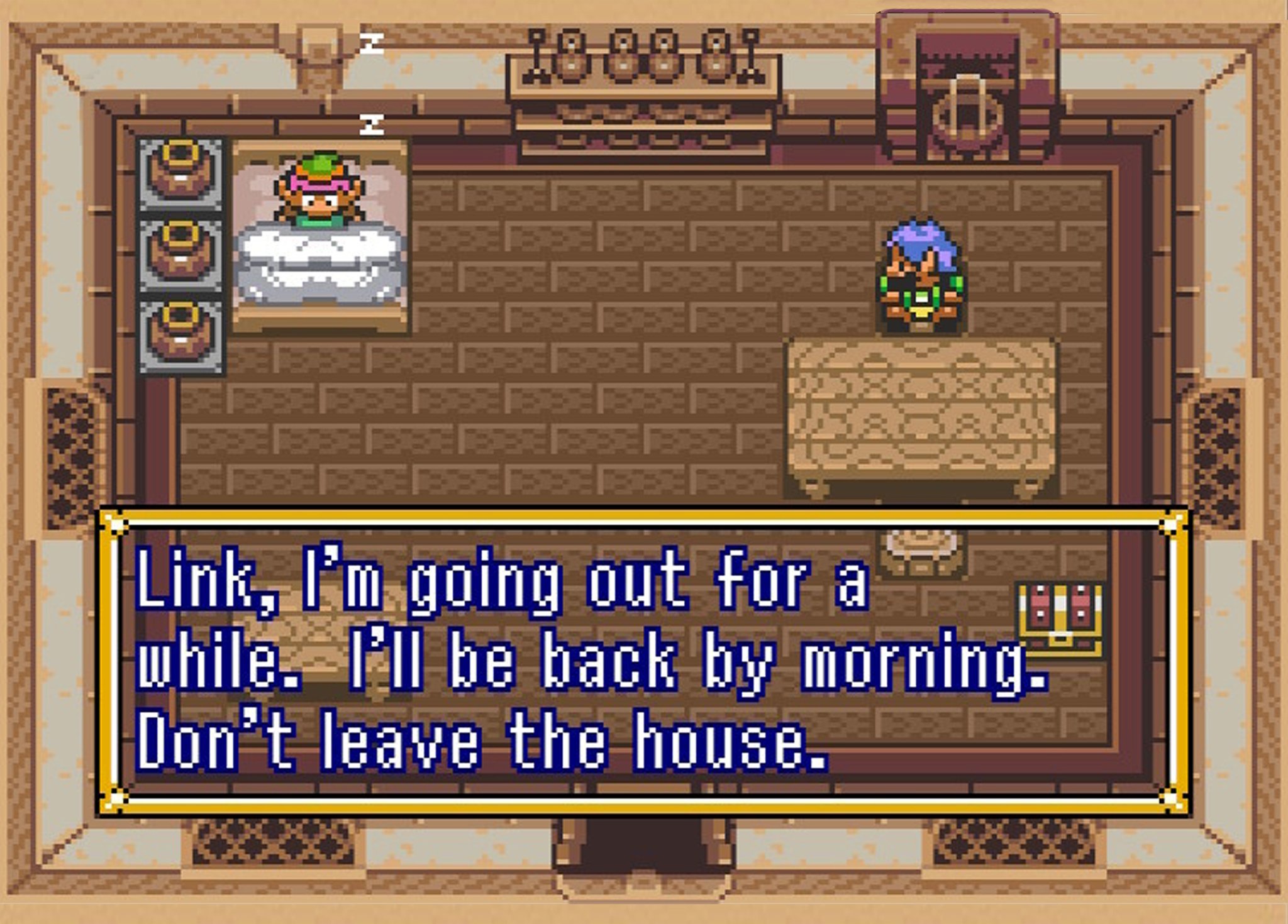
Okay, so casting the net out, we have to narrow down certain elements that make a game feel like a Zelda game. So, here are a few iconic hallmarks.
- Puzzles: You can't really have a Zelda game without some sort of puzzle. This is one of the main elements the series is known for.
- Dungeons: Again, a series staple. There is nothing like exploring, looking for treasures, fighting monsters, and solving puzzles in an incredibly intricate dungeon to reach an epic final boss. Though Breath of the Wild doesn't feature them in the traditional sense, the Divine Beasts and Shrines fit the bill.
- Exploration: Zelda hasn't always been "open-world," but the world has been pretty expansive. While certain areas were blocked off until you uncovered an item, you could pretty much explore the world however you wanted.
- Weapons / enemies / combat: Zelda games are typically action-adventure stories. Link has an arsenal of weapons at his disposal, though usually he has to find them first, and he uses them to dispatch his enemies. His sword/shield combo is pretty iconic, especially when he wields the Master Sword.
- Collectibles/items: What's a Zelda game without collectibles or items? There's always something new and different. The original featured classic staples like the bow and arrow, while Breath of the Wild changed things up with the Sheikah Slate. Regardless, each entry requires Link to find and utilize items to improve his skills, reach new areas, or trade with other characters.
- Secrets: It's a secret to everyone. Just kidding; Zelda is known for secrets. From the Chris Houlihan room to the more common cracked wall, the Legend of Zelda series encouraged exploration. You never knew what you might uncover by overturning every stone and smashing every pot.
- Quirky side characters: The Legend of Zelda series features some great NPCs, even as far back as the original. While they have evolved from "It's dangerous to go alone" to the likes of the Champions, the cast of supporting characters has always been memorable, even if they don't actually do much in the overarching story.
While you can argue that Zelda games need to have lore or certain time periods, games within the main series have proved that to be untrue. Link's Awakening doesn't feature any of the traditional lore or characters, while Breath of the Wild and Skyward Sword feature more futuristic elements. Though games contain other elements and have changed over time, these core elements can be found in every single Zelda game. And they can certainly give other games that touch of Zelda magic.
This will probably change, too
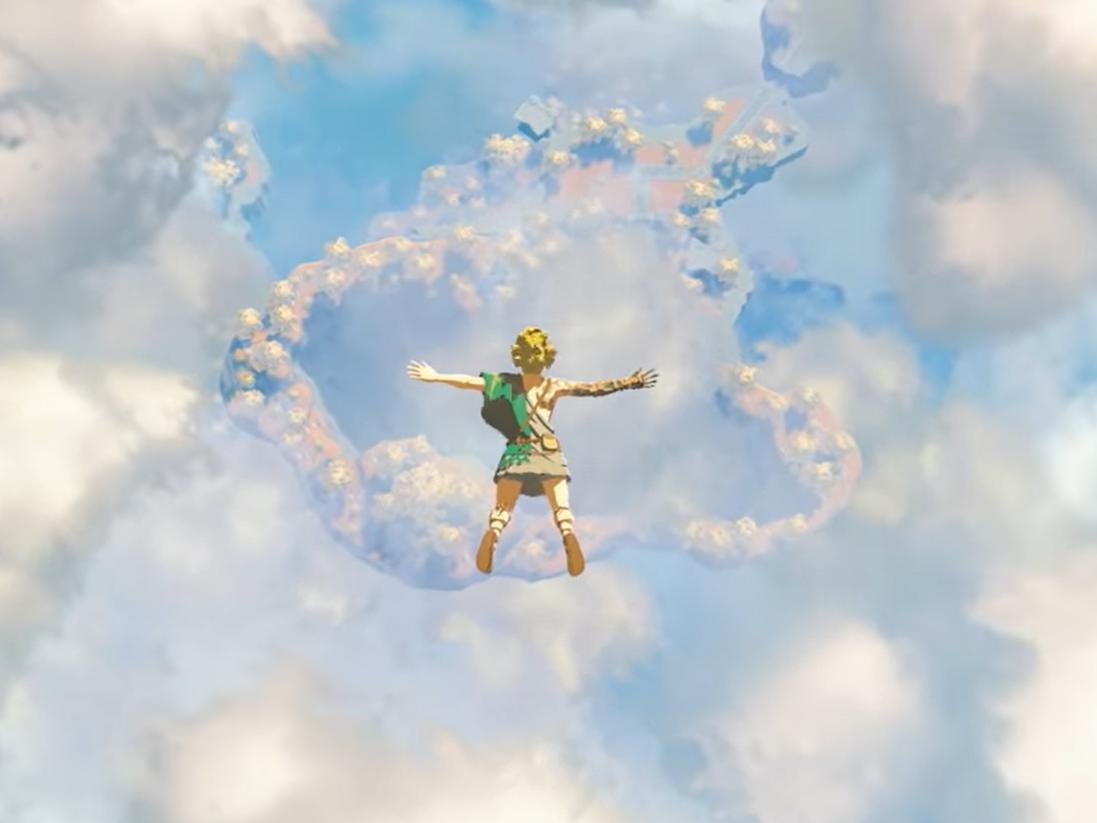
Zelda's influence is everywhere, but when people use the term "Zelda-like" too liberally it just proves that they don't know what a Zelda game is at all. If one thing is certain about the series, it will continue to change and it will always be difficult to nail down what exactly makes a Zelda game a Zelda game. Breath of the Wild 2 certainly showcases some interesting new mechanics, settings, and lore to the series, so this franchise is set to evolve again and reach new heights. As Zelda evolves, it will likely break new ground and influence plenty of new titles in the future.
The series will be referenced forever, but be wary before you pick up one of those "Zelda-like" games. You might want to watch a few gameplay videos first. We don't know what a Zelda game truly is, but you definitely know one when you play one.
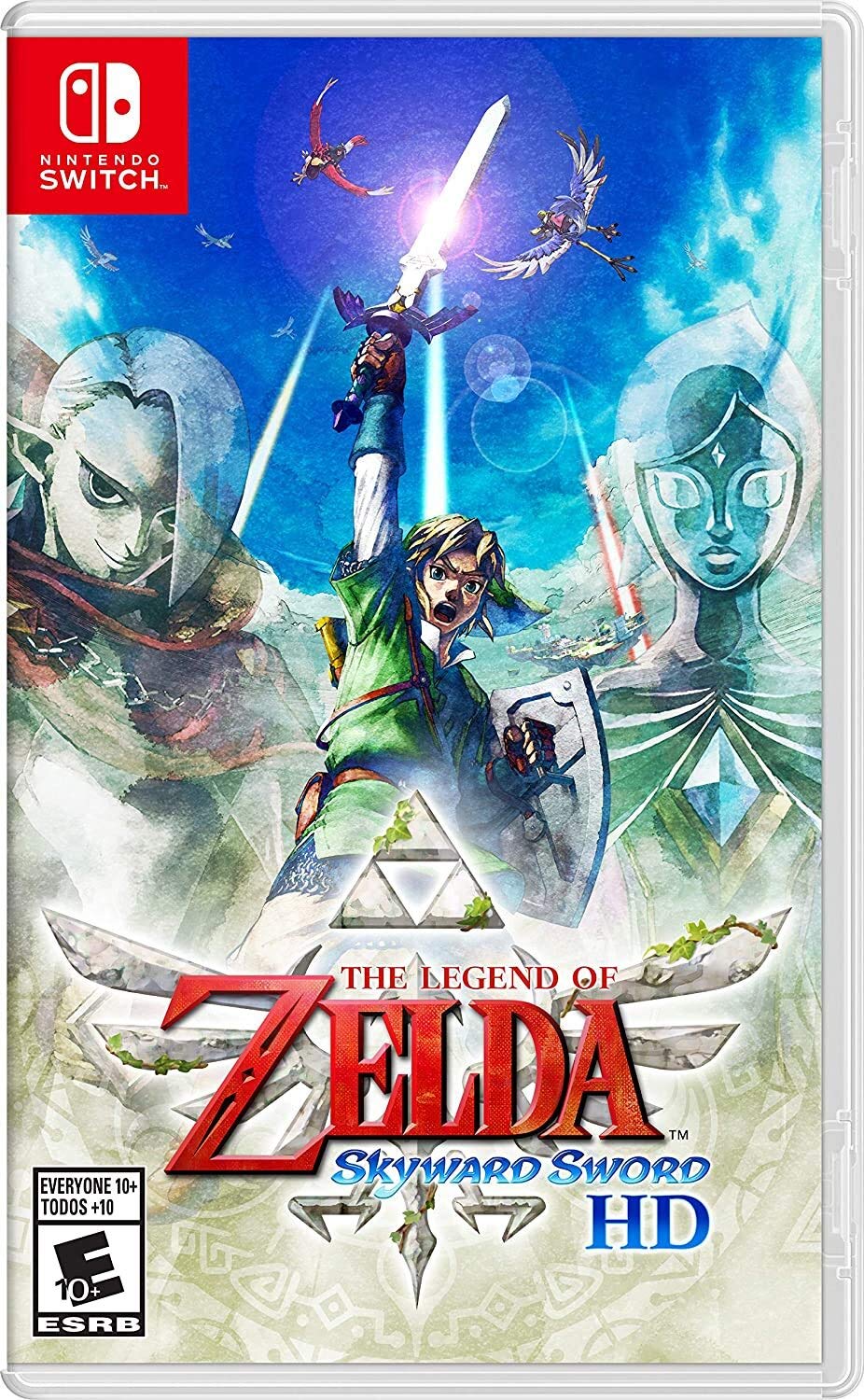
Zelda in the sky
A remaster of the classic. Skyward Sword HD brings players back to Skyloft and where it all began for the Zelda timeline. Join Link in battle against his mysterious foes in the abandoned land of Hyrule with or without the motion controls.
Sara is the Freelance Coordinator, writer, and editor at iMore. When not editing or writing away, she's glued to her Nintendo Switch, Xbox, or PS5, though she's a retro gamer at heart.
